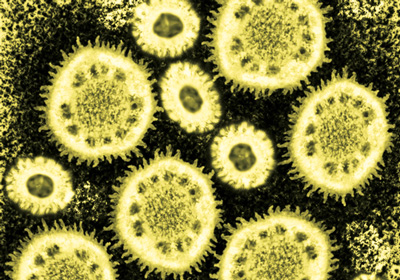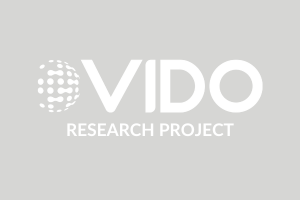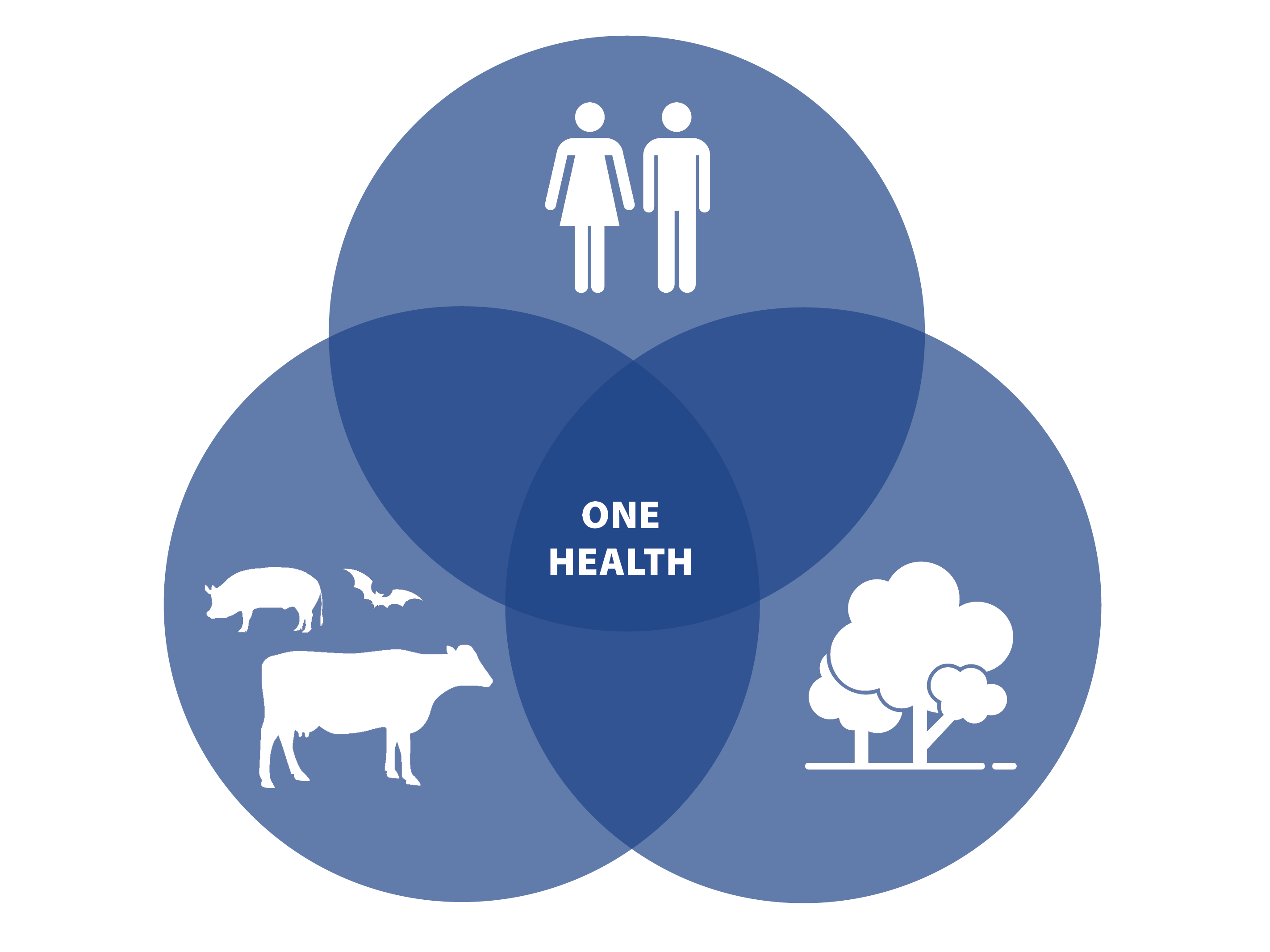One Health
One Health: The term “One Health” recognizes that the health of people is closely connected to the health of animals and our shared environment. By protecting animals, we can help to protect humans from emerging infectious disease.
VIDO's research is dedicated to the One Health concept, a holistic approach that recognizes the interconnectedness of human, animal, and environmental health. This paradigm emphasizes the interdependence of these elements and underscores the importance of collaborative efforts to address global health challenges.
Zoonotic diseases such as Lyme disease and Salmonella infections are examples of how the health of people is related to the health of animals and the environment. Animals also share our susceptibility to some diseases and environmental hazards. Because of this, they can serve as early warning signs of potential human illness. For example, birds often show symptoms of Avian Influenza before humans get sick. Monitoring the health and behaviour of bird populations, such as observing unusual avian deaths or changes in their activity patterns, can serve as a warning sign.
Our work reflects our commitment to mitigating the impact of infectious diseases and ensuring the well-being of populations, both human and animal, around the world. Many of our research projects at VIDO encompass the One Health concept—such as:
MERS

Influenza

Tuberculosis

Salmonella

Lyme disease

One Health is also a Signature Area for the University of Saskatchewan, working to develop scientific, public health and policy approaches that integrate human, animal and ecosystem health.
Through VIDO’s One Health approach, we are positioned to pioneer transformative research, build interdisciplinary collaborations, and foster global partnerships. By integrating knowledge from multiple disciplines, we work towards a future where the health of humans, animals, and ecosystems is protected.


